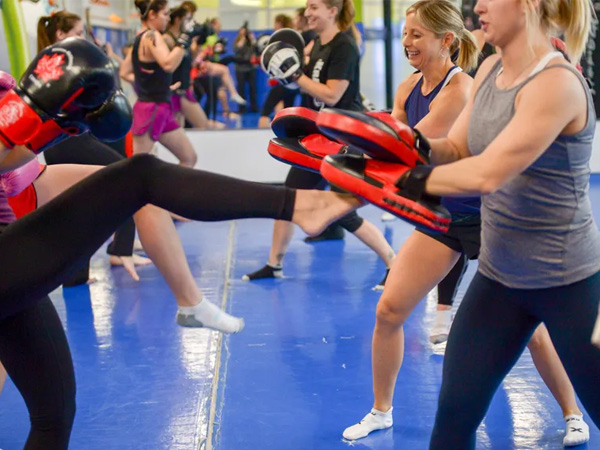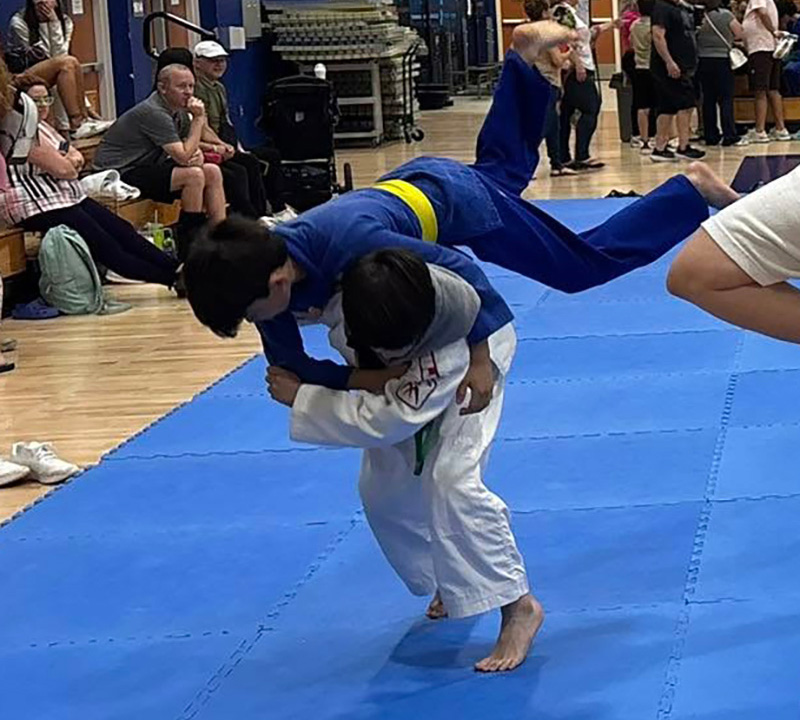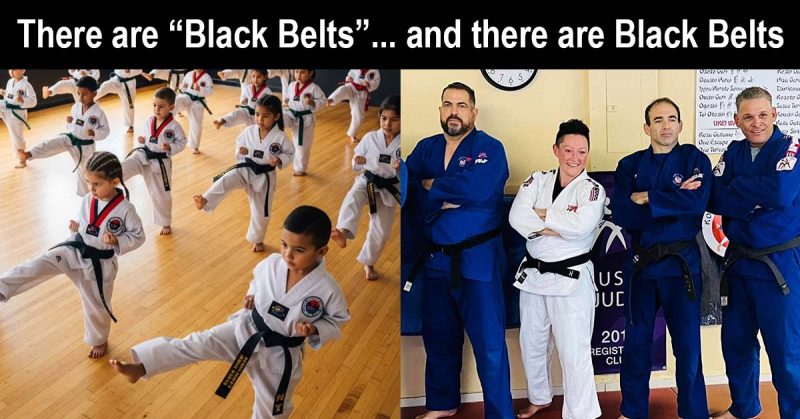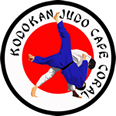What is the BEST Martial Art for Beginners?
What is the Best Martial Art for Beginners?
Choosing your first martial art can feel overwhelming with dozens of styles available, each claiming to be the most effective. The truth is, there’s no universal “best” martial art for beginners – the right choice depends entirely on your personal goals, preferences, and circumstances. This comprehensive guide will help you determine what is the best martial art for beginners based on your specific objectives.
Define Your Goals: Why Do You Want to Learn Martial Arts?
Before exploring specific martial arts, you must honestly assess why you want to train. Your primary motivation will significantly influence which art suits you best.
Self-Defense and Practical Fighting Skills
When determining what is the best martial art for beginners, if your primary goal is learning effective self-defense, then you need a martial art that prepares you for real-world confrontations. Most fights follow a predictable pattern: they begin standing with strikes, progress to clinching and grappling, potentially involve takedowns, and may end up on the ground.
Judo emerges as the best martial art for beginners focused on self-defense because it’s the only art that comprehensively addresses every phase of combat. Judo practitioners learn striking fundamentals (atemi-waza), master clinch work (kumi kata), excel at takedowns and throws (nage waza), and develop solid groundwork (ne waza) including pins (osaekomi-waza), and submissions such as joint locks (kansetsu-waza) and chokes (shime-waza). This versatility makes Judo incredibly practical for real-world situations.
Unlike Brazilian Jiu-Jitsu, which focuses primarily on ground fighting, or Muay Thai, Kickboxing, Tae Kwon Do, and Karate which emphasizes only striking, Judo provides a complete fighting foundation. A Judo practitioner can handle themselves whether the fight stays standing or goes to the ground, making it the most well-rounded choice for self-defense minded beginners.
Fitness and Physical Conditioning
Martial arts offer excellent fitness benefits, but different styles emphasize different aspects of physical development.
When researching what is the best martial art for beginners, if your goal is pure cardiovascular conditioning, then cardio kickboxing classes provide intensive aerobic workouts that burn calories and improve heart health. However, these classes typically lack the technical depth and practical application of traditional martial arts.

For beginners seeking comprehensive fitness development, Judo and wrestling are superior choices. These grappling arts provide unmatched cardio and strength conditioning simultaneously. The constant resistance training inherent in grappling builds functional strength throughout the entire body while the high-intensity nature of rolling and sparring delivers exceptional cardiovascular benefits. You’ll develop core strength, grip strength, flexibility, and endurance in ways that traditional gym workouts simply cannot match.
Competition and Sport
If competitive achievement motivates you, then consider martial arts with robust tournament circuits when researching what is the best martial art for beginners. Judo, Brazilian Jiu-Jitsu, Taekwondo, and boxing all offer extensive competition opportunities from local to international levels. Each has clear ranking systems and established competitive pathways for ambitious practitioners.

Hobby, Community, and Personal Growth
Many beginners are drawn to martial arts for the mental and social benefits: discipline, confidence, stress relief, and community belonging. The culture and philosophy of different martial arts vary dramatically, making this consideration crucial for long-term satisfaction.
Cultural Considerations: Finding the Right Community
Another important consideration when asking ‘what is the best martial art for beginners’ is culture and community. The martial arts community you join can make or break your experience. Some schools have developed cultures that are unwelcoming to beginners or promote toxic attitudes.
Judo stands out for its emphasis on mutual benefit and respect. The art’s core principle of “mutual welfare and benefit” (jita kyoei) creates environments where experienced practitioners actively help beginners improve. This philosophical foundation makes Judo schools typically very welcoming to newcomers.
In contrast, some schools have developed “shark tank” mentalities where beginners are viewed as targets rather than students to nurture and can be intimidating environments for recreational practitioners.
Other traditional martial arts like Aikido, Karate, and traditional Jiu Jitsu (Japanese Jiu Jitsu) often emphasize respect and discipline, creating structured learning environments ideal for beginners who appreciate formality and clear hierarchies.
Age Considerations: Choosing Based on Your Life Stage
When determining what is the best martial art for beginners, your age can significantly impact which martial art will be most suitable and enjoyable for you.
Children (Ages 4-12): Young children benefit most from martial arts that emphasize discipline, respect, and fundamental movement patterns. Traditional arts like Judo, traditional Jiu Jitsu (Japanese Jiu Jitsu), Karate, and Aikido are great options here, providing structured environments with clear rules and belt progression systems that motivate young learners. Depending on your goals as a parent, you may want to avoid high-impact striking arts at this age.
Teenagers (Ages 13-17): This age group can handle more intensive training and begin learning practical self-defense skills. Judo remains an excellent choice, as teenagers can safely practice throws, grappling, and submissions with proper supervision. Jiu Jitsu. BJJ, and wrestling are also suitable, building strength and conditioning during crucial developmental years. Boxing and Muay Thai can be introduced with proper protective equipment and controlled contact.
Young Adults (Ages 18-30): This demographic has the most options available. Young adults typically have the physical resilience for high-intensity training in any martial art. Those focused on self-defense should strongly consider comprehensive grappling arts like Judo and traditional Jiu Jitsu, while fitness-focused individuals might explore the conditioning benefits of wrestling or the striking arts like boxing and Muay Thai.
Middle-Aged Adults (Ages 31-50): Adults in this age range should take into account level of flexibility, and prioritize martial arts with lower injury risk and sustainable training methods. For example, martial arts that require high kicks, jumping kicks, may not be practical at this age. If you want to learn a striking martial art, choosing boxing over Muay Thai or kickboxing would be a smart choice.
Judo’s emphasis on developing physical fitness, falling without injury, proper technique, and controlled practice can make it an excellent choice for adults entering middle age.
Additionally, traditional Aikido may be an excellent option with its emphasis on technique over athleticism. Brazilian Jiu-Jitsu can work well if practiced conservatively with focus on technique rather than intense rolling.
Whichever martial art you choose, if you’re not in good physical shape, it’s important to pace yourself at the beginning and not over-exert yourself, which can lead to injury. Be sure to know and learn your limits and be willing to accept that it will take time to build your endurance and condition your body to do a full workout at full effort.
Seniors (Ages 50+): At this age, you really need to take into consideration your level of physical fitness. Older beginners may want to seek martial arts that emphasize technique, flexibility, and mental aspects over high-impact physical training. Tai Chi offers excellent balance training and stress reduction. Traditional Aikido may also be a good option.
If you’re relatively physically fit, then martial arts like Judo, Jiu Jitsu, BJJ, and other grappling arts can still be good options to learn valuable self-defense skills while emphasizing safe falling techniques that could prevent injury in daily life.
Red Flags: Warning Signs to Avoid
When researching what is the best martial art for beginners, you’ll find that not all martial arts schools are created equal. Watch for these warning signs that indicate a school prioritizes profit over proper instruction, or have a “McDojo” culture:
Quick Promotion Promises: Legitimate martial arts require years to master. Schools advertising “black belt in one year” or similar rapid advancement are scams. Legitimate martial arts typically require 4-6 years minimum to reach black belt level.
Young Children with Black Belts: While children can excel at martial arts, legitimate black belts represent adult-level mastery that children cannot achieve. Schools with 12-year-old “black belts” have diluted their standards for financial gain.
Excessive Focus on Gimmicks: Some practices in martial arts are purely gimmicks that hold little to no practical value, such as board breaking (especially with unconventional body parts such as the head), elaborate kicks and acrobatics that look impressive but have no practical use in a self-defense situation, or “no-touch” knockouts (aka “chi” or energy projection). While some of these things have a limited place in some traditional arts, schools that emphasize this over practical technique are likely more interested in impressive demonstrations rather than effective training.
Money-Grabbing Schemes: Beware of schools that have artificially inflated the number of ranks and partial ranks for which they charge testing fees for, or push long-term contracts on new students. Quality schools earn money through consistent, valuable instruction, not nickel-and-dime tactics.
No Sparring or Live Training: Martial arts without pressure testing through sparring or rolling produce students who cannot apply their techniques effectively. If a school avoids contact entirely, students won’t develop real fighting skills.

Practical Considerations In Researching What is the Best Martial Art for Beginners
Beyond style selection, consider these practical factors when researching what is the best martial art for beginners:
Location and Schedule: The best martial art for beginners is the one you’ll actually practice consistently. A good school nearby beats a perfect school an hour away.
Instructor Quality: A skilled, caring instructor in any martial art will provide better training than a poor instructor in the “perfect” style. Visit classes, observe teaching methods, and assess whether instructors show genuine interest in student development.
Trial Classes: Most legitimate schools offer trial classes or short-term memberships. Take advantage of these to experience the training firsthand before committing long-term.
Budget: Factor in monthly fees, equipment costs, and testing fees. Quality instruction costs money, but beware of schools with excessive additional charges.
Conclusion: What is the Best Martial Art for Beginners?
The best martial art for beginners depends entirely on your goals, but (in our humble and completely un-biases opinion ;p) Judo consistently ranks among the top choices due to its comprehensive curriculum, emphasis on mutual benefit, welcoming culture, and practical effectiveness. Whether your focus is self-defense, fitness, or personal growth, Judo delivers exceptional value for beginning martial artists.
However, the most important factor isn’t the martial art itself, but finding a quality school with excellent instruction and a supportive community. A great instructor in any legitimate martial art will provide more value than poor instruction in the “perfect” style.
Take time to visit local schools, observe classes, and speak with instructors and students to find out what is the best martial art for beginners. The right martial art for you is the one that matches your goals, fits your schedule, and creates an environment where you’re excited to train consistently. With proper research and realistic expectations, your martial arts journey will provide lifelong benefits far beyond the physical techniques you’ll learn.
Visit Us and Try Your First Class for FREE!
Call ahead or just stop in during one of our scheduled Judo & Jiujitsu classes and hop on the mat with us!
Please try to arrive at least 10 minutes early so we can get you all set up with a clean gi (uniform) to use during class.
